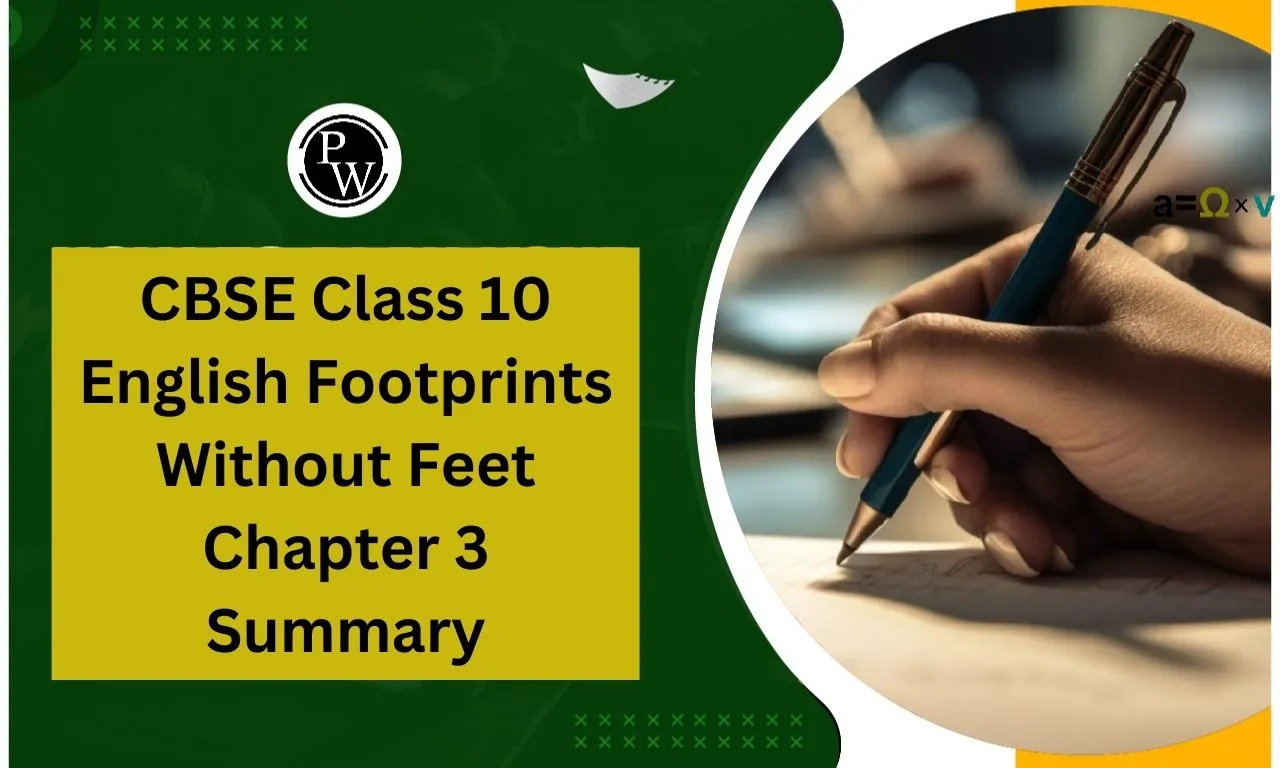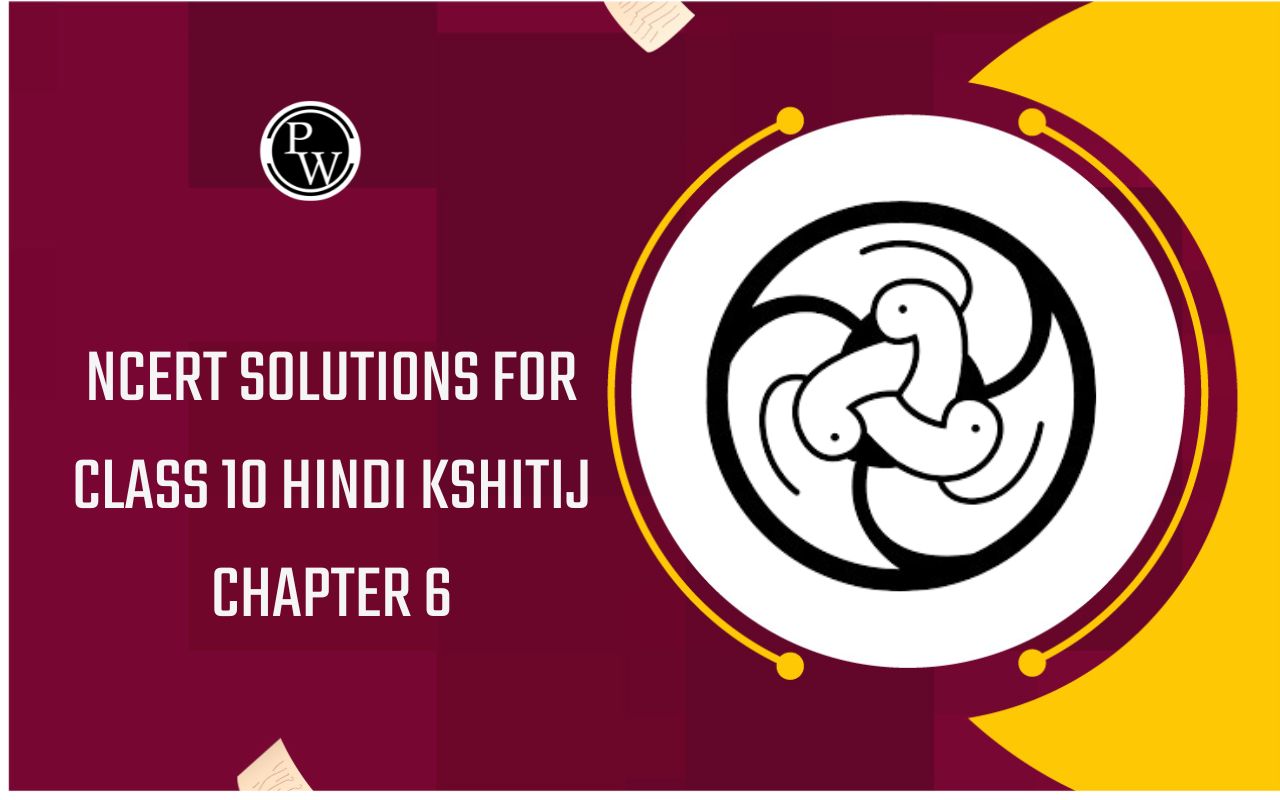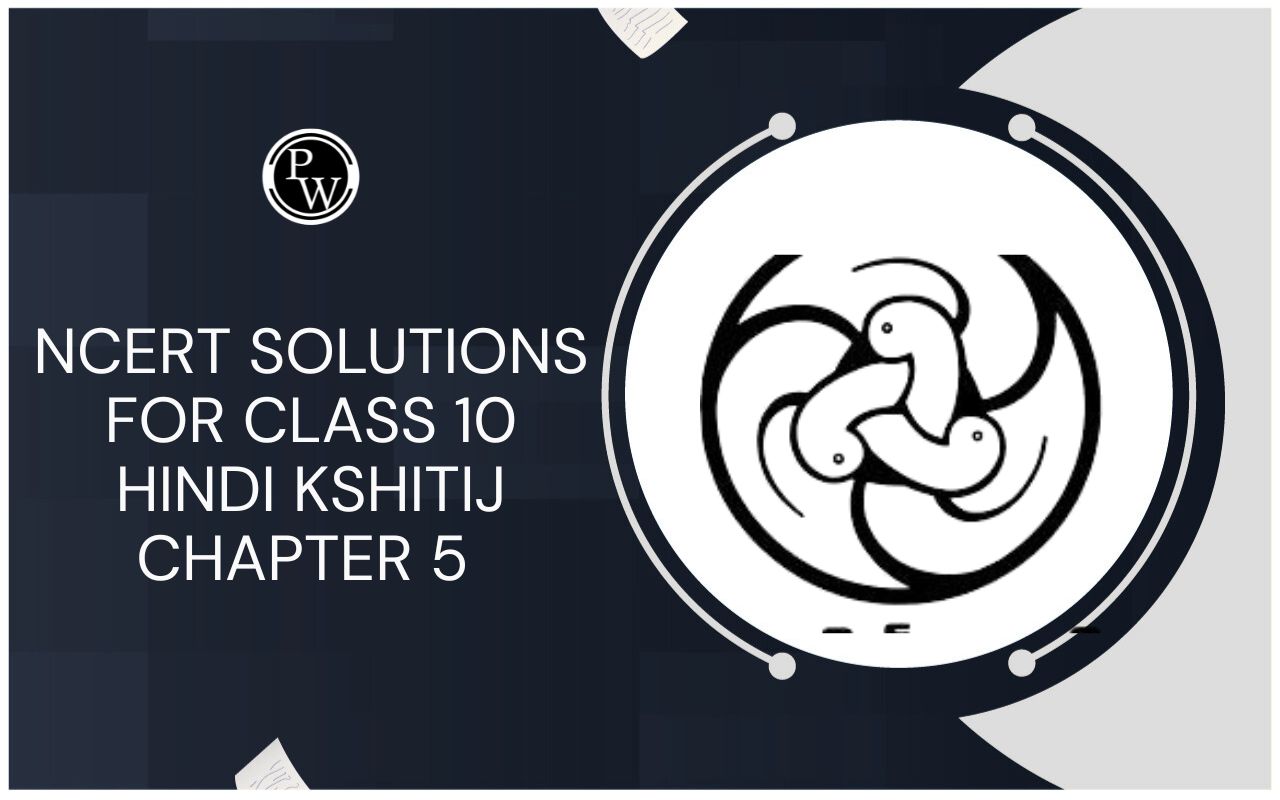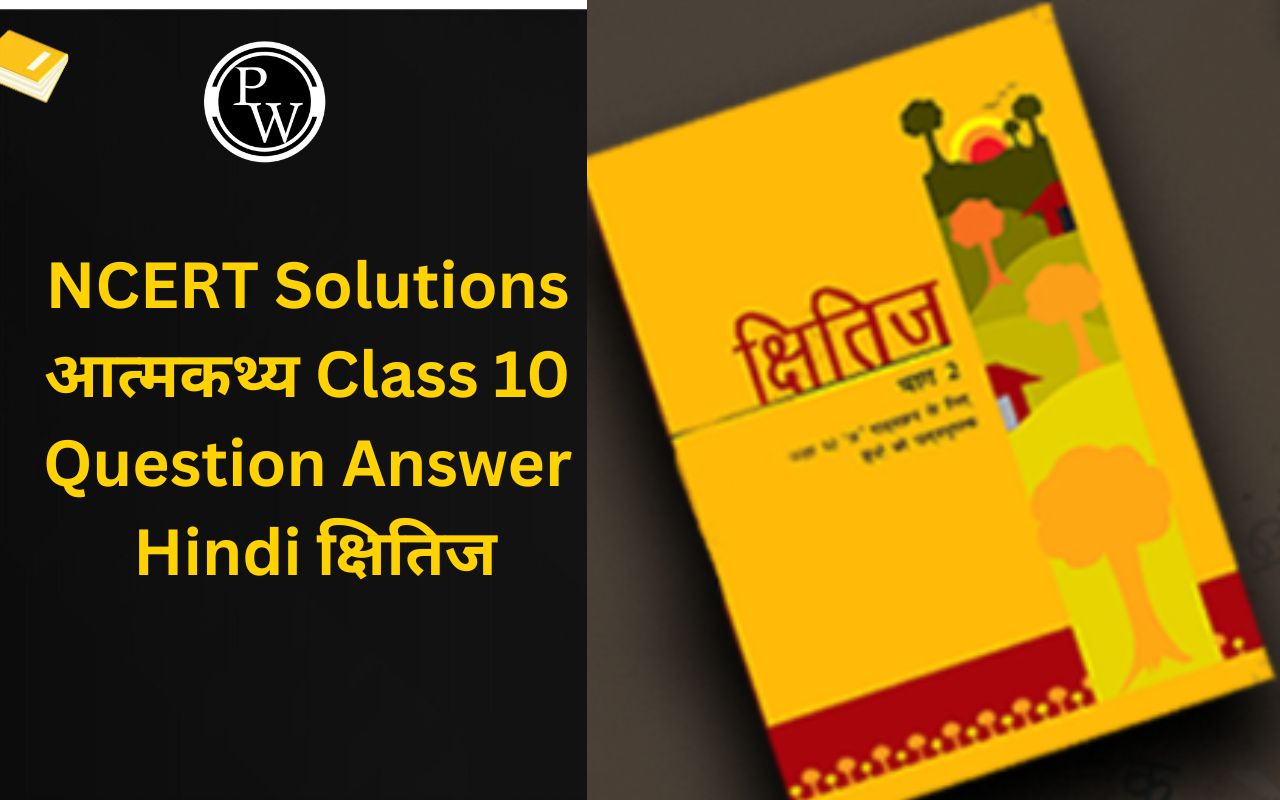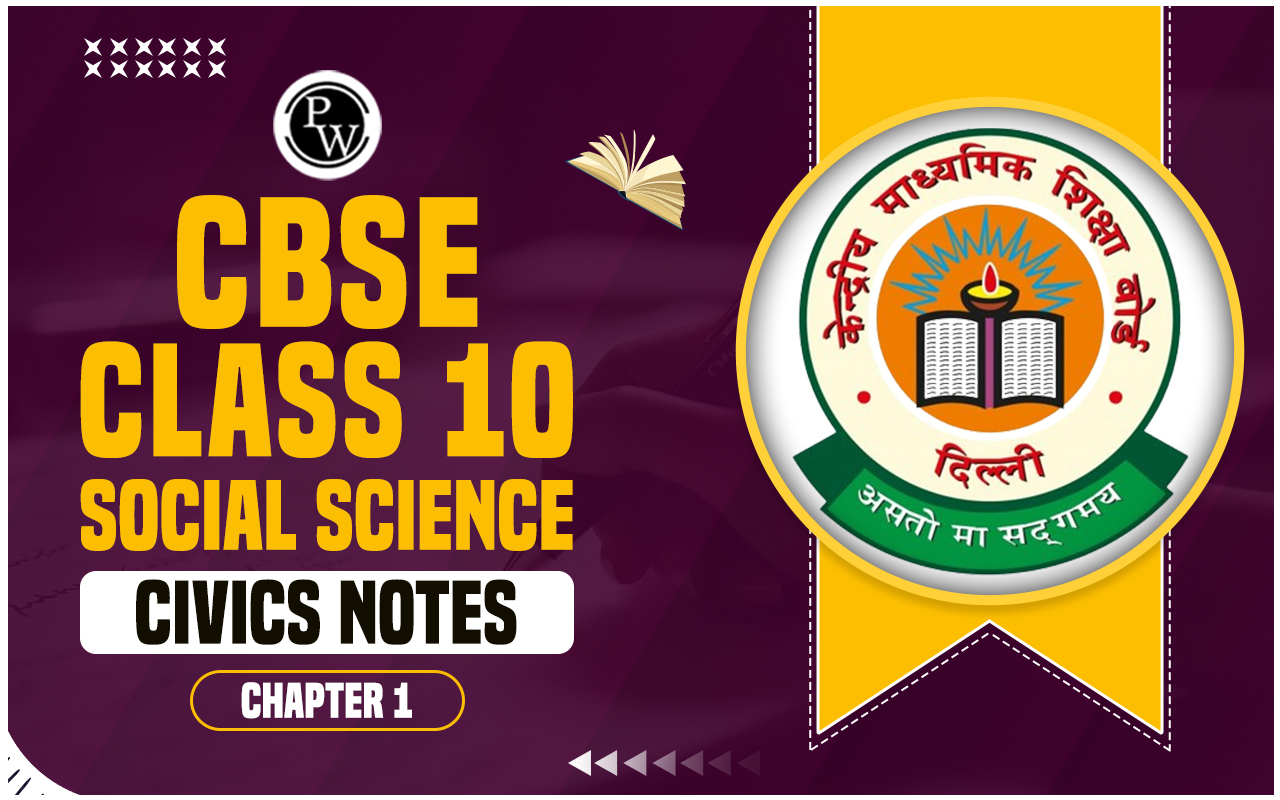
Dengue is a viral illness caused by the dengue virus. It is spread by the bite of the Aedes mosquitoes, which breed in stagnant water. Dengue is found in many tropical and subtropical regions of the world, including Southeast Asia, the Western Pacific, and the Americas.
Causal Organisms
Dengue is caused by a virus that is transmitted to humans by the bite of an infected Aedes mosquito. The virus is of the genus Flavivirus and comprises four distinct serotypes (DENV-1, DENV-2, DENV-3, and DENV-4).
Once a person is infected with the dengue virus, the virus multiplies in their blood, causing the symptoms of dengue fever. The virus is then transmitted to other mosquitoes when they bite the infected person. The mosquitoes can then transmit the virus from person to person through their bites.
The virus is primarily found in tropical and subtropical regions of the world, where the Aedes mosquitoes that spread dengue are abundant. Dengue is a significant public health problem in many countries, especially in urban and semi-urban areas where the virus can easily spread.
Also Check - Vitamin & Mineral Deficiency Diseases
Symptoms
Symptoms of dengue can include high-grade fever, severe headache, joint and muscle pain, fatigue, and body rashes. In severe cases, dengue can lead to a potentially fatal complication called dengue hemorrhagic fever, which can cause bleeding, low blood pressure, and shock.
Also Check - Calcium Deficiency Symptoms
Diagnosis, Cure, And Prevention
Dengue diagnosis is typically based on a combination of clinical symptoms and laboratory tests. The following are some of the common diagnostic tests used to confirm dengue infection:
Rapid diagnostic tests (RDTs): These are rapid, simple, and inexpensive tests that can detect dengue-specific antibodies in a patient's blood. RDTs can provide quick results and are useful for diagnosing dengue in areas where laboratory facilities are limited.
Enzyme-linked immunosorbent assay (ELISA): ELISA is a laboratory test that measures the level of dengue-specific antibodies in a patient's blood. ELISA results are more reliable than RDTs and can provide a more accurate diagnosis of dengue.
Polymerase chain reaction (PCR): PCR is a laboratory test that can detect the dengue virus directly in a patient's blood. PCR is highly sensitive and specific, but it requires specialized laboratory facilities and can take several days to produce results.
Also Check - Brain Diseases
Serum neutralization test: This test measures the ability of a patient's serum (the liquid part of their blood) to neutralize the dengue virus. Serum neutralization tests are more specific than ELISA or RDTs but are also more complex and time-consuming.
In addition to laboratory tests, healthcare providers will also consider a patient's clinical symptoms, travel history, and exposure to mosquitoes when diagnosing dengue.
It is important to note that dengue can be difficult to diagnose, especially in its early stages, and some patients may not show any symptoms at all. As a result, individuals need to seek medical attention if they develop symptoms consistent with dengue and have been in a dengue-endemic area.
Currently, there is no specific treatment for dengue, and the best way to prevent the infection is by avoiding mosquito bites. This can be done by using insecticide sprays, wearing long sleeves and pants, and using mosquito nets. It is also important to eliminate mosquito breeding sites by removing stagnant water from around the home.
The following measures can relieve symptoms:
- Get plenty of rest and drink plenty of fluids, such as water, clear broth, frozen water or ice pops, or clear soda to prevent dehydration.
- Take acetaminophen (Tylenol) to relieve fever and pain. Do not take aspirin or other non-steroidal anti-inflammatory drugs (NSAIDs) such as ibuprofen (Advil), as they can increase the risk of bleeding.
- Apply a cool, wet cloth to the forehead, arms, and legs to reduce fever.
- If you have severe joint or muscle pain, use a hot water bottle or take a warm bath.
In some cases, severe dengue can lead to dengue hemorrhagic fever (DHF), a more severe form of the disease that can cause bleeding, low blood pressure, and even death. DHF requires immediate medical attention and hospitalization.
It is important to see a doctor if you suspect that you have dengue, especially if you have recently traveled to an area where the disease is common or if you have a fever and live in or have recently visited an area where dengue is prevalent. Early detection and prompt treatment can help prevent complications and reduce the risk of DHF.
In areas where dengue is common, people need to seek medical attention if they develop symptoms, as early treatment can help prevent the progression of the disease to a more serious form.
Dengue FAQs
What is the difference between Chikungunya and Dengue?
What is the infective stage of Dengue?
How long does the infective stage of Dengue last?
Can dengue be transmitted through the placenta to a child from a pregnant mother?

